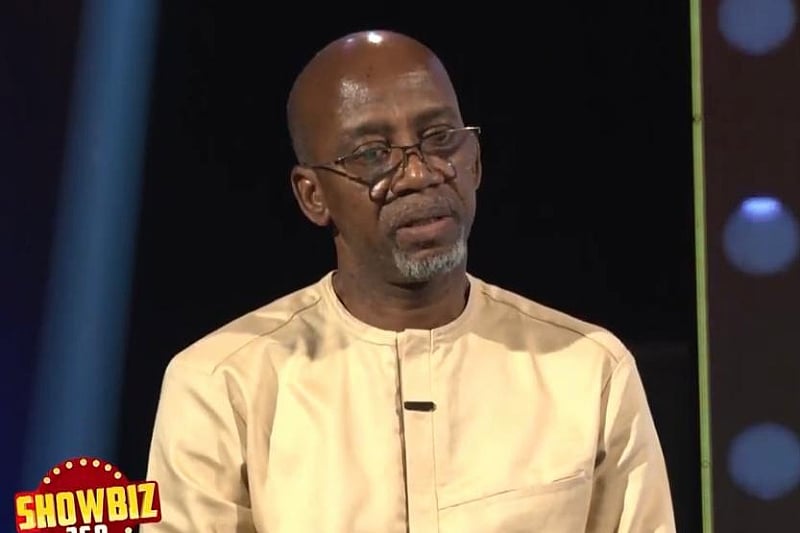The Ghanaian music industry is mourning the loss of highlife legend, Charles Kwadwo Fosu, affectionately known as Daddy Lumba, who passed away on July 26th, 2024, at the Bank Hospital in Accra after a brief illness. Lumba, a prolific artist with over 30 albums to his name, left an indelible mark on the Ghanaian music scene, and his untimely death has sent shockwaves throughout the industry and beyond. Presidential Staffer for the Black Stars Experience and renowned highlife musician, Rex Owusu Marfo, known professionally as Rex Omar, expressed the industry’s profound grief and hinted at potential plans to honor Lumba’s legacy.
Rex Omar, speaking to the media on July 28th, acknowledged the industry’s state of shock and the nascent stage of plans for a tribute. He emphasized that any commemorative efforts would arise organically from the collective will of the industry’s leadership. While the exact form of the tribute remains undetermined, Omar suggested possibilities ranging from a dedicated tribute song to a comprehensive documentary chronicling Lumba’s illustrious career. He conveyed his personal devastation, admitting his inability to formulate concrete plans amidst the overwhelming grief.
The question of a state burial for Daddy Lumba remains unanswered, with Rex Omar unable to confirm any official arrangements. However, he assured that his office, as a government entity, would actively collaborate with relevant stakeholders, including Lumba’s family and the music industry at large, to ensure a fitting farewell for the iconic musician. Omar underscored the importance of President John Dramani Mahama’s commitment to the creative industry, expressing confidence in the government’s support for honoring Lumba’s contributions to Ghanaian music.
Daddy Lumba’s enduring legacy is built upon a prolific musical career spanning decades. His distinctive voice, captivating melodies, and insightful lyrics resonated with generations of Ghanaians, cementing his status as a true icon. His music transcended mere entertainment, often reflecting social commentary and cultural narratives that deeply connected with his audience. Lumba’s impact extended beyond Ghana’s borders, influencing highlife music across the African continent and garnering him international recognition.
The potential forms of a tribute to Daddy Lumba are numerous, reflecting the multifaceted nature of his artistry. A tribute song could unite contemporary Ghanaian musicians in a collaborative effort to celebrate Lumba’s musical genius and pay homage to his influence on their own careers. Such a song could blend traditional highlife elements with modern musical influences, creating a timeless piece that bridges generations and showcases the enduring appeal of Lumba’s music. A documentary, on the other hand, could offer a comprehensive exploration of Lumba’s life and career, tracing his journey from humble beginnings to becoming a national treasure. Through interviews with family, friends, fellow musicians, and industry experts, the documentary could paint a vivid portrait of the man behind the music, revealing the personal experiences and artistic inspirations that shaped his iconic sound.
Beyond a song or documentary, a fitting tribute to Daddy Lumba could encompass a range of initiatives, including the establishment of a music scholarship in his name to nurture aspiring young musicians, the creation of a museum dedicated to preserving his memorabilia and showcasing his musical journey, or the organization of an annual music festival celebrating his life and legacy. The most impactful tribute, however, will lie in ensuring that Lumba’s music continues to be heard and appreciated by future generations, preserving his invaluable contribution to Ghanaian cultural heritage. The collective efforts of the music industry, the government, and his family will play a crucial role in ensuring that Daddy Lumba’s legacy lives on, inspiring musicians and music lovers for years to come.














